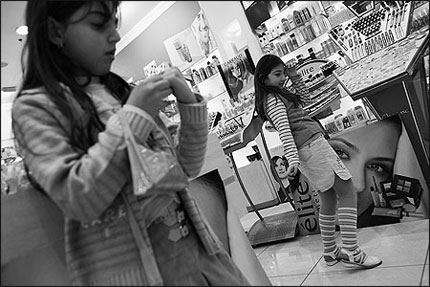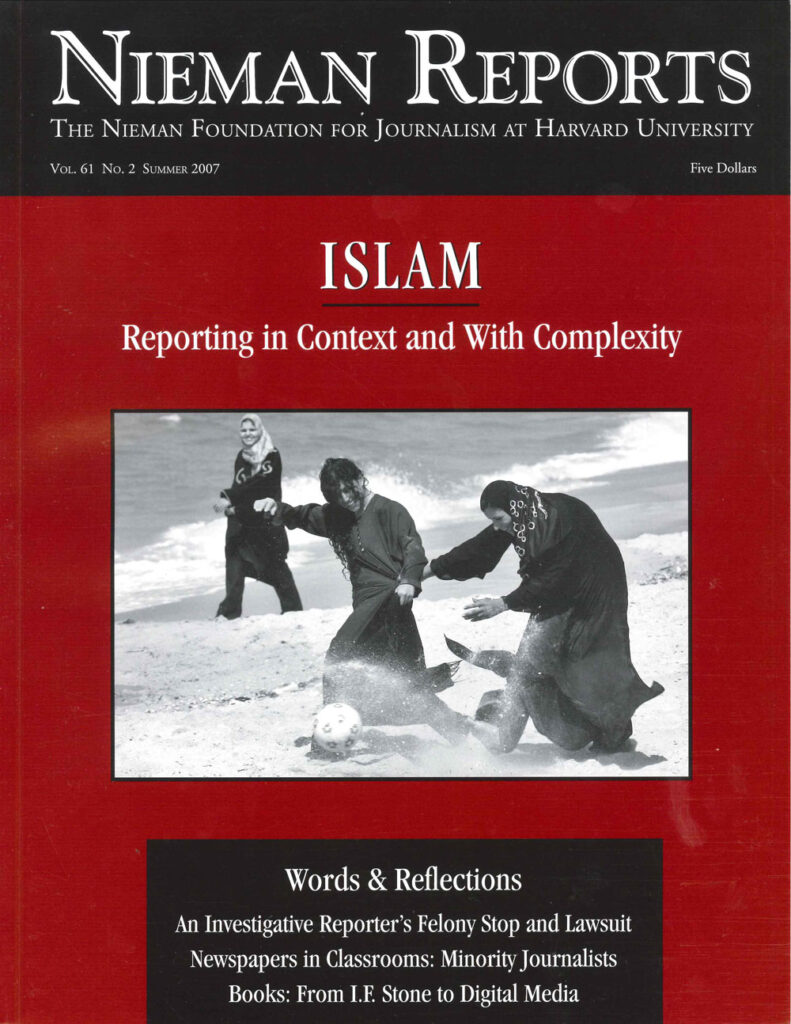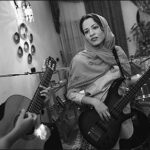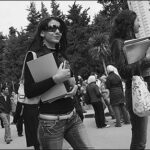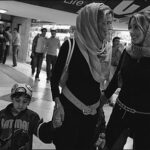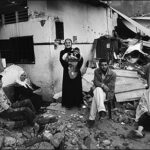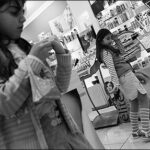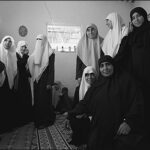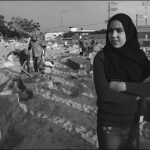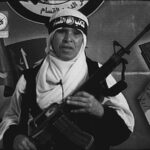The lives of women in Muslim countries are buffeted by cultural trends, religious systems, political movements, and varying degrees of oppression and emancipation. Much of my photographic work illuminates these women's daily lives and the choices they make as part of a political and economic struggle woven with the obligations of their religious observance.
I bring the sensibility of a painter to my work, since that is how I began my visual career. Each woman who accepts my camera with grace or naivety, or often with the approval of a man, has her story to tell, and my role is to convey her story in expressive language of how it can be shown. From refugee to pilgrim, from suicide bomber to teenager, visual images speak to these women's beliefs, rituals and habits, and to the anger and joy they experience.
In many places women are expected to follow a strict code of modesty. But changes are taking place: In some large cities, headscarves are lighter and loosely draped, makeup is heavier, and designer labels are occasionally on display. In 1994, Iranian women were given the right to wear sunglasses and, more recently, to straddle a motorcycle, and today the majority of women under the age of 40, especially in urban areas like Tehran, claim a more liberal lifestyle at home.
"If you think we're different from you because of this piece of clothing, if you think we're more hidden, you don't know Iranian women," one woman told me, referring to the veil many Arab women wear today. In the Middle East, emancipation of women does not necessarily mean acceptance of Western values, nor should it. Most women in Islamic countries learn about Western "modern life" on television, Al Jazeera, and other satellite networks, and many do not like what they see. While Islam is, in a sense, the armature around which tradition and culture grow, it is societies, probably more than the religion, which make women second-class citizens. Domestic violence, for example, is a tragic but all too common occurrence in this region, stemming not from religious dogma so much as from an entrenched patriarchy that has been allowed to develop over a period of generations.
Muslim women enjoyed rights of marriage, divorce and property for centuries before Western women did. At the beginning of the 20th century, many Middle Eastern women enjoyed a status that Western women would have envied. Yet in recent decades, with the spread of Islamic radicalism, a stricter Muslim practice has been emerging. In Syria, Jordan, Egypt, Lebanon and Turkey, nominally secular, large factions of the populations—men and women—have been turning back to traditions of Islam. And when religious fundamentalism assumes societal power, women's rights are among the first things to be sacrificed.
Many in the West believe Islam and women's rights must be mutually exclusive. Yet the choices women make each day to sustain themselves and their families and contribute to their societies attest to their determination and faith. To bear witness, and then to convey through my photographs these women's acts of courage, is my privilege, and I do so with the hope that someday their lives will be emancipated, not as a reflection of our Western sense of what this means, but within their own cultural experience.
Alexandra Boulat, a photojournalist, cofounded VII photo agency in 2001. She has received many awards, including a 2006 Best Woman Photographer award from Italy and a 2003 Overseas Press Club citation for her work in Afghanistan.
